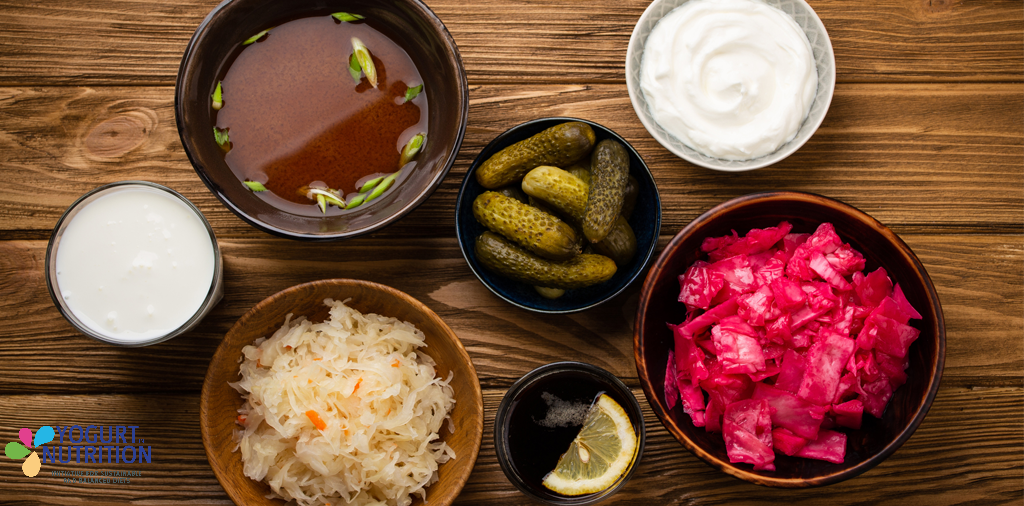If you regularly eat fermented foods, the chances are that your gut microbiota are different from those of people who don’t, latest research has revealed. And these differences may give you better health, the authors suggest.
The gut microbiota refers to the trillions of micro-organisms – bacteria, fungi and viruses – that live in the digestive tract. We now know that a diverse and balanced microbiota is a sign of good gut health, and that it is possible to change the mix and activity of the microbiota through changes in the lifestyle, such as the diet.
Consuming fermented plants is associated with microbial changes
In this study, the researchers analysed stool samples from 6,811 people taking part in the American Gut Project. The participants reported whether they were consumers (at least once a week) or non-consumers (rarely or never) of fermented plant foods (mainly kimchi, kombucha, pickled vegetables, sauerkraut,…)
Although the degree of microbial diversity turned out to be similar for consumers and non-consumers, there were subtle differences between the two groups in the species of microbes found.
Healthy fatty acids were more abundant with fermented foods
Stool samples from 115 people were then analysed over 4 weeks. People consuming fermented plant and animal foods at least three times a week were compared with non-consumers.
Several species of microbes from fermented foods were found in the stool samples of the consumers. The analysis also showed that stools of consumers contained more conjugated linoleic acid (CLA), a fatty acid that may offer possible health benefits. Dietary consumption of CLA from meat, full-fat dairy and eggs was similar between the two groups, suggesting that CLA was being produced by the resident bacteria in the gut or by bacteria from fermented foods, say the authors.
In light of these results, studies looking at the impact of different kinds of fermented food on the gut microbiota and health are needed, the authors conclude.
Why do we ferment food?
Interest in fermented foods has increased in recent years, but humans have been fermenting food since Neolithic times. All sorts of foods may be fermented, including meat, fish, milk, vegetables, beans, cereals and fruits. Fermentation preserves food, can make it more tasty, and may improve the food’s nutritional value.
Fermentation is triggered by bacteria and yeasts found naturally in food or the environment, or added as starter cultures. During fermentation, these microbes produce molecules, including lactic acid and certain vitamins, that can be good for our health
‘We found that fermented food consumers have subtle differences in their gut microbiota structure, which is enriched in conjugated linoleic acid, thought to be beneficial.’ – Taylor et al, 2020.



